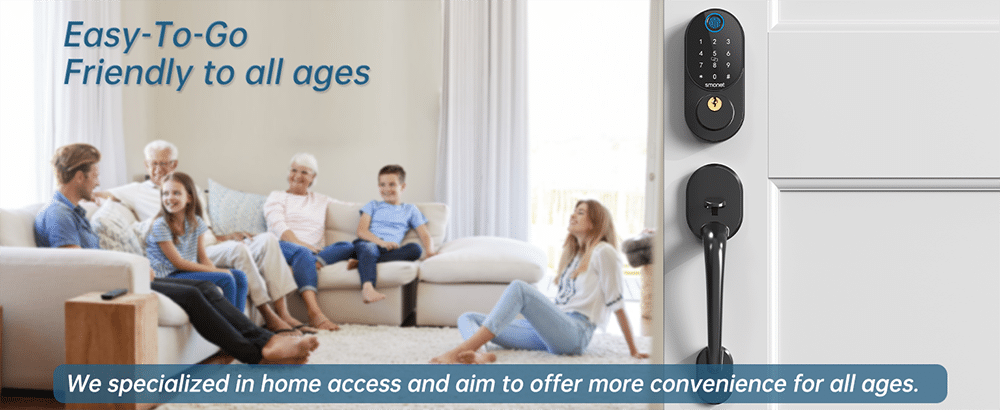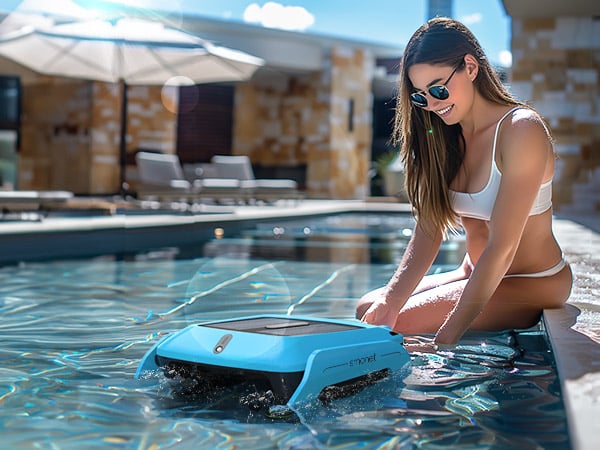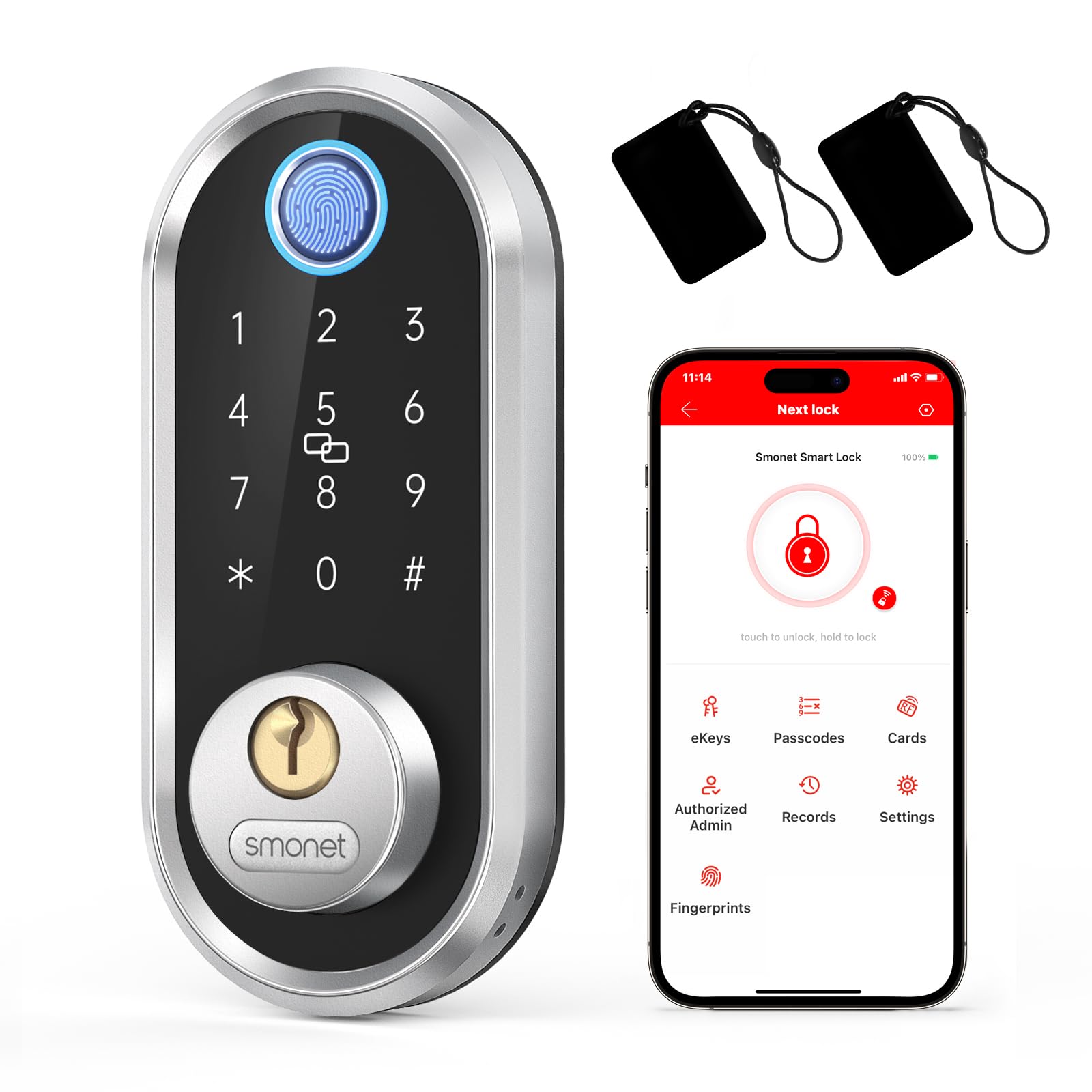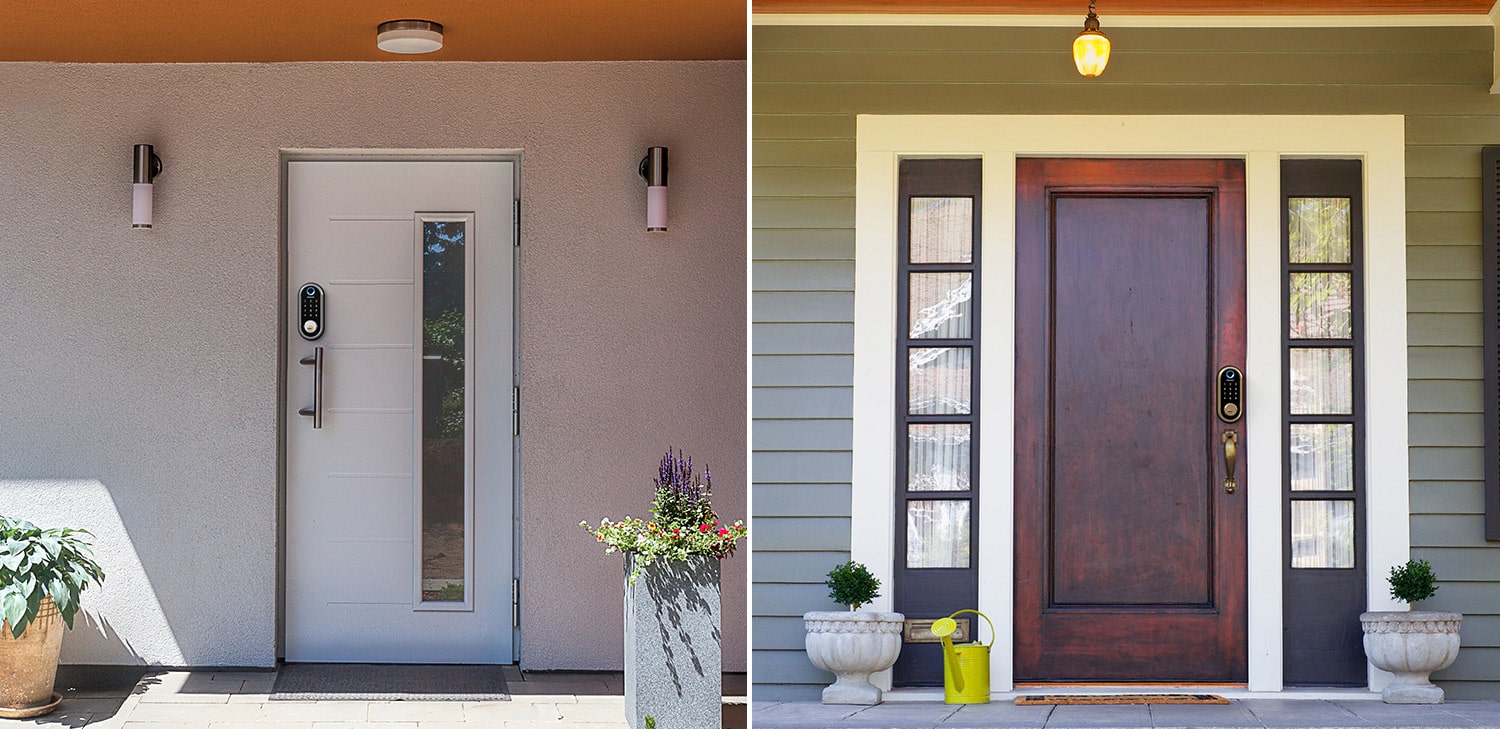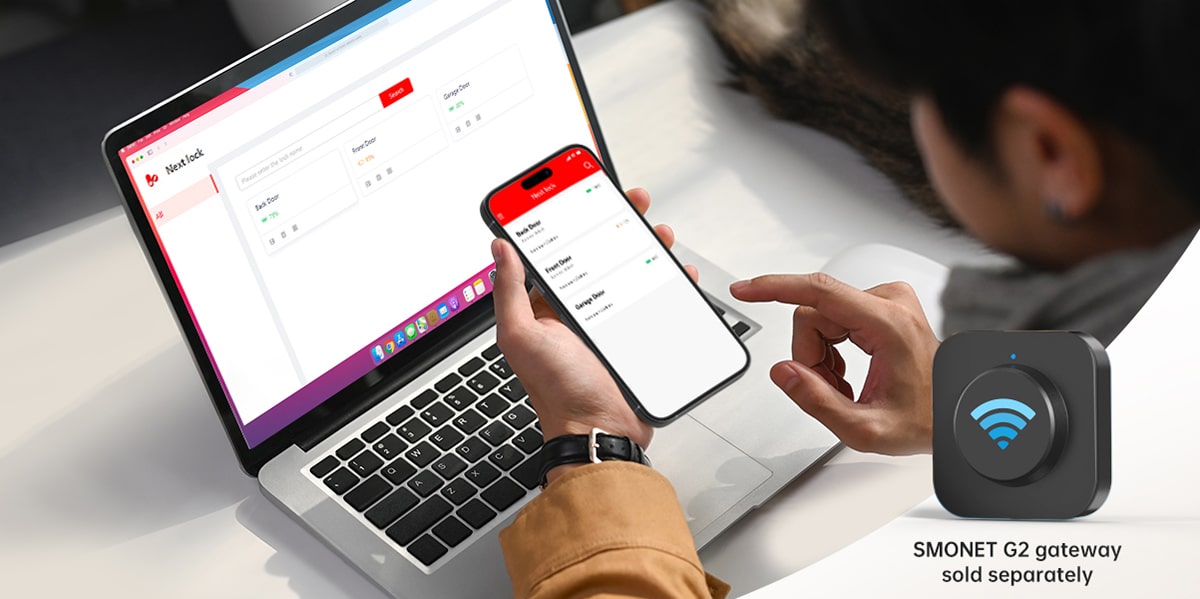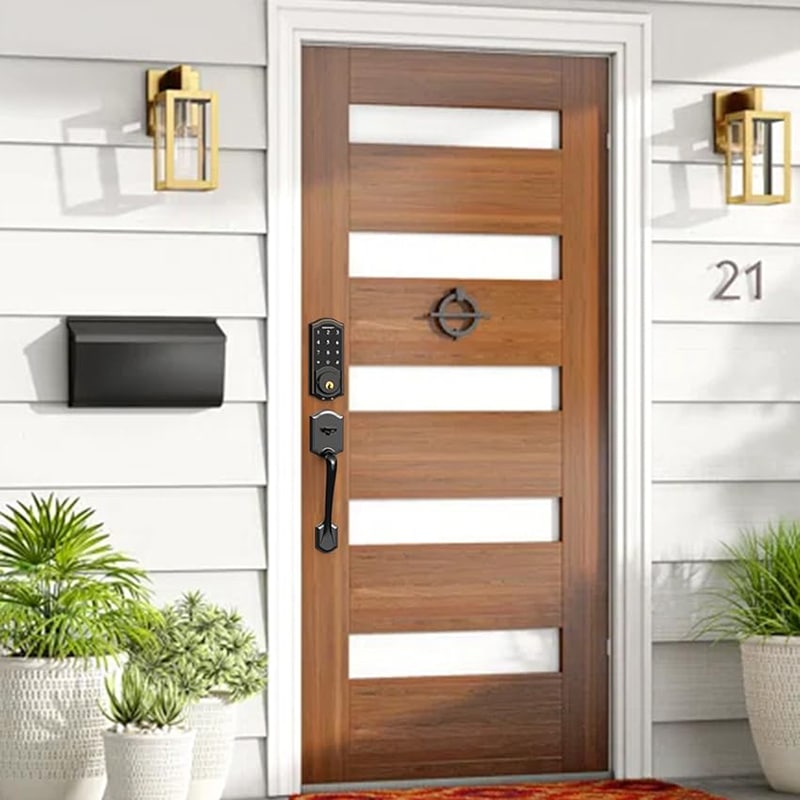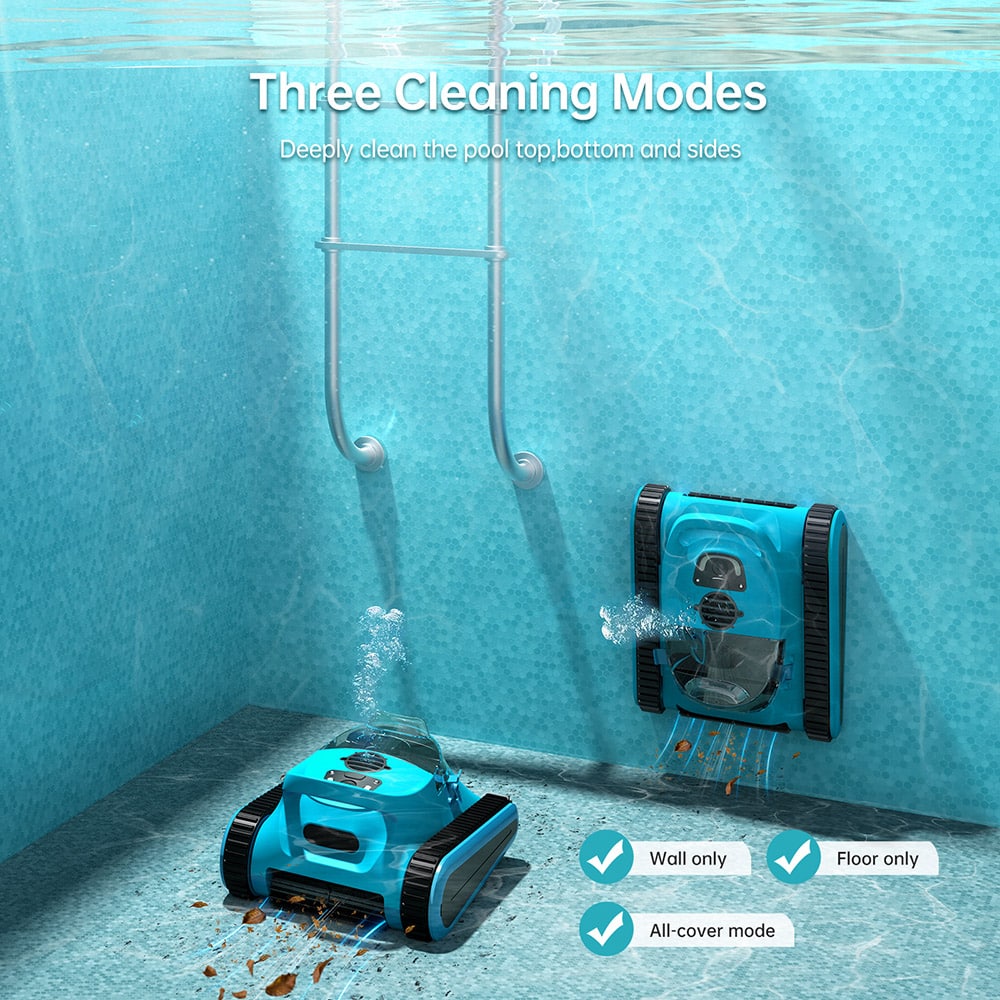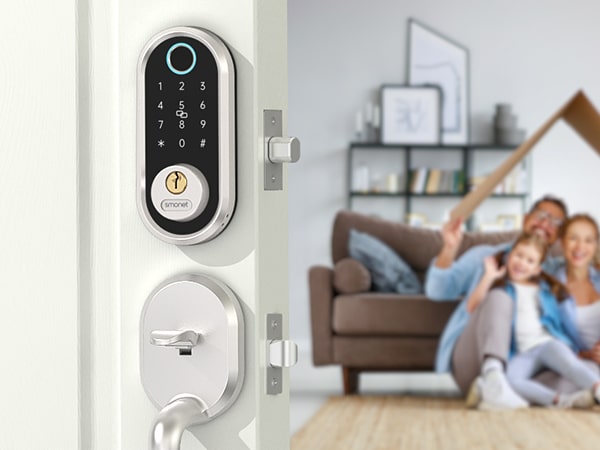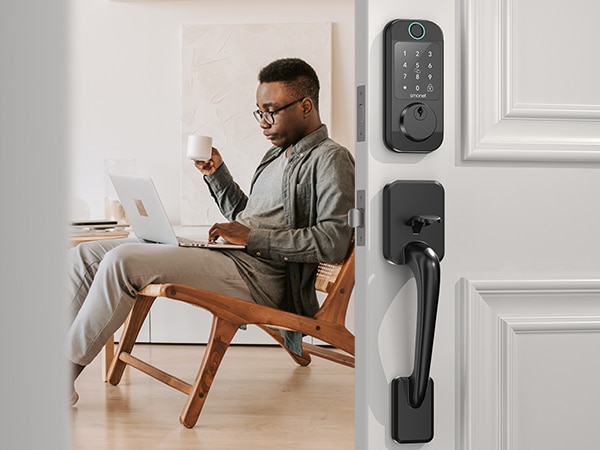The Influence Of Temperature On The Battery Life Of Electronic Home Locks
Amidst the ongoing digital transformation, smart door locks have become an integral part of many households. These locks offer increased ease of access and enhanced security, making them preferential over traditional locks for many homeowners. However, with increasing adoption and usage, a frequently asked question surfaces – Does temperature influence the battery life of a smart door lock? Let’s dissect this:
The Effect of Temperature on Batteries
The answer to this query comes from the understanding of how temperature impacts battery performance in general. Just like other battery-operated devices, the batteries in smart door locks can be affected by temperature fluctuations. Extreme temperatures, both hot and cold, can considerably impact their performance and lifespan.
In hot conditions, batteries may suffer from increased self-discharge and a risk of leakage. In contrast, extremely cold temperatures tend to decrease the chemical activity within a battery. As a result, the battery might provide less power, impairing the lock’s performance.
Temperature Influence on electronic lever lock
There is no denying that temperature changes do influence the performance of smart door locks. Their operational efficiency, particularly in terms of battery life, can fluctuate under different temperature conditions. In moderate climates, most users can expect a solid battery life span from their locks, typically around 6 months to a year, possibly longer.
However, for homes located in regions with extreme weather conditions, the battery life might dwindle faster due to the additional stress. It is important to note that while the outdoor temperature can affect the battery, since smart locks are generally installed on the interior side of the door, they are somewhat sheltered from the worst of outdoor weather conditions.
Mitigating Temperature Impact
To mitigate the impact of temperature, it’s recommended to use lithium batteries in regions with extreme cold, as these function better at low temperatures compared to their alkaline counterparts. Meanwhile, in hot climates, it’s crucial to protect the ozone electronic lock and its battery from direct sunlight to avoid overheating.
In conclusion, while temperature can indeed influence the battery life of a electronic door locks with fobs, its effects can be minimized with the right measures. Always refer to your smart lock’s manual for specific information regarding appropriate battery use and care, taking into account your local climate conditions.
Prime Day OFF
Until the End
-
Master Of Cleanliness: Visual Guide To Recognizing And Understanding Your Electric Pool Cleaners
-
Making the Right Choice for A Best Keypad Door Lock: A Guide Based on Material Consideration
-
The 7 Most Common Types of Locks for Home and Office Security
-
Door Knob With Fingerprint Identification- The Future Of Home Security
-
Selecting the Ideal Digital Door Lock Style and Color for Your Abode
-
Evolution Of Security- Smart Door Key Lock
-
Mailbox Digital Lock- Reinventing Mail Security In The Digital Age
-
Exploring Alternative Unlocking Solutions - Smart Lock Fingerprint Cards and Wristbands
-
Touch Id Door Locks- Next-Generation Security At Your Fingertips
-
Smonet Home Door Lock- The Future Of Home Security

